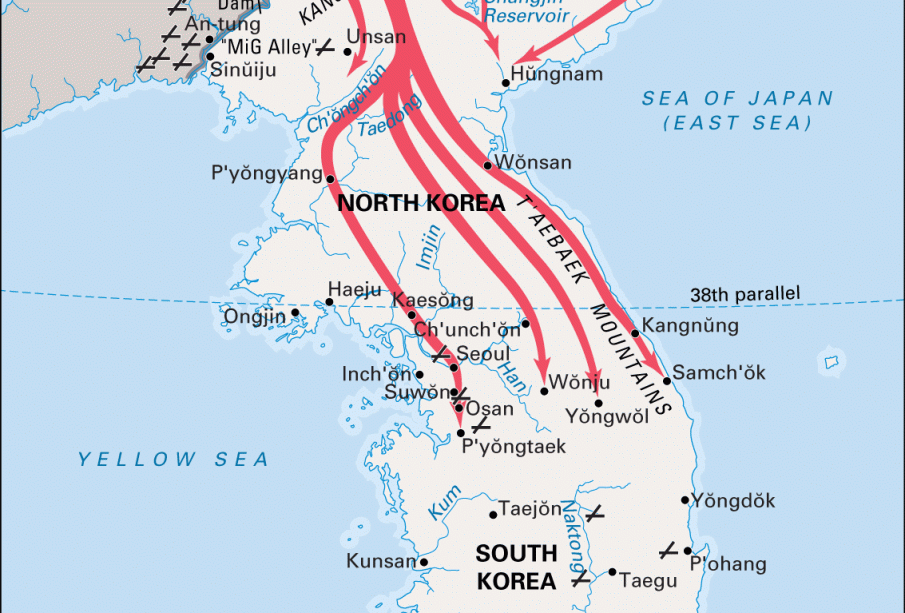Rising Tensions: South Korea vs China

Introduction
The geopolitical relationship between South Korea and China has become increasingly strained in recent years, as both nations navigate complex historical grievances and contemporary economic pressures. The importance of understanding the dynamics of this rivalry is paramount not only for regional stability in East Asia but also for global economic and political implications.
Current State of Affairs
In recent months, tensions between South Korea and China have escalated significantly. Notably, South Korea’s deployment of the Terminal High Altitude Area Defense (THAAD) system has been a point of contention. China perceives the missile defence system as a threat to its national security, leading to retaliatory measures, including economic sanctions against South Korean companies.
Trade relations have also been strained. South Korea relies heavily on exports to China, with nearly a quarter of its total exports directed to the Chinese market. However, ongoing diplomatic strains have provoked fears of economic repercussions. Reports indicate that imports from South Korea are declining as Chinese consumers are becoming more hesitant to purchase South Korean goods, influenced by nationalist sentiment and government pressure.
Military Maneuvers and Security Concerns
On the military front, both nations have ramped up their activities. China has increased its military presence in the region, conducting exercises in close proximity to South Korean waters. These actions have heightened concerns in South Korea, prompting its defence forces to enhance their readiness amid fears of increasing aggression.
Moreover, tensions in the Taiwan Strait and the broader Indo-Pacific region have also affected relations between Seoul and Beijing. South Korea’s closer alignment with the United States on security matters, particularly in response to North Korean provocations and China’s assertiveness, has further complicated the relationship.
Looking Ahead
As both nations navigate their complicated relationship, future developments will likely hinge on several factors, including regional security dynamics, domestic politics, and international partnerships. South Korea may seek to balance its economic dependency on China with its security commitments to the United States. Meanwhile, China is likely to continue its assertive stance as it emerges as a dominant power in the region.
In conclusion, the rivalry between South Korea and China is a multifaceted issue that poses significant challenges for both nations and the wider international community. A resolution may require diplomatic engagement and a willingness to address underlying issues. For readers, understanding these dynamics is crucial as they will likely influence global economic trends and the security landscape in the Asia-Pacific for years to come.









